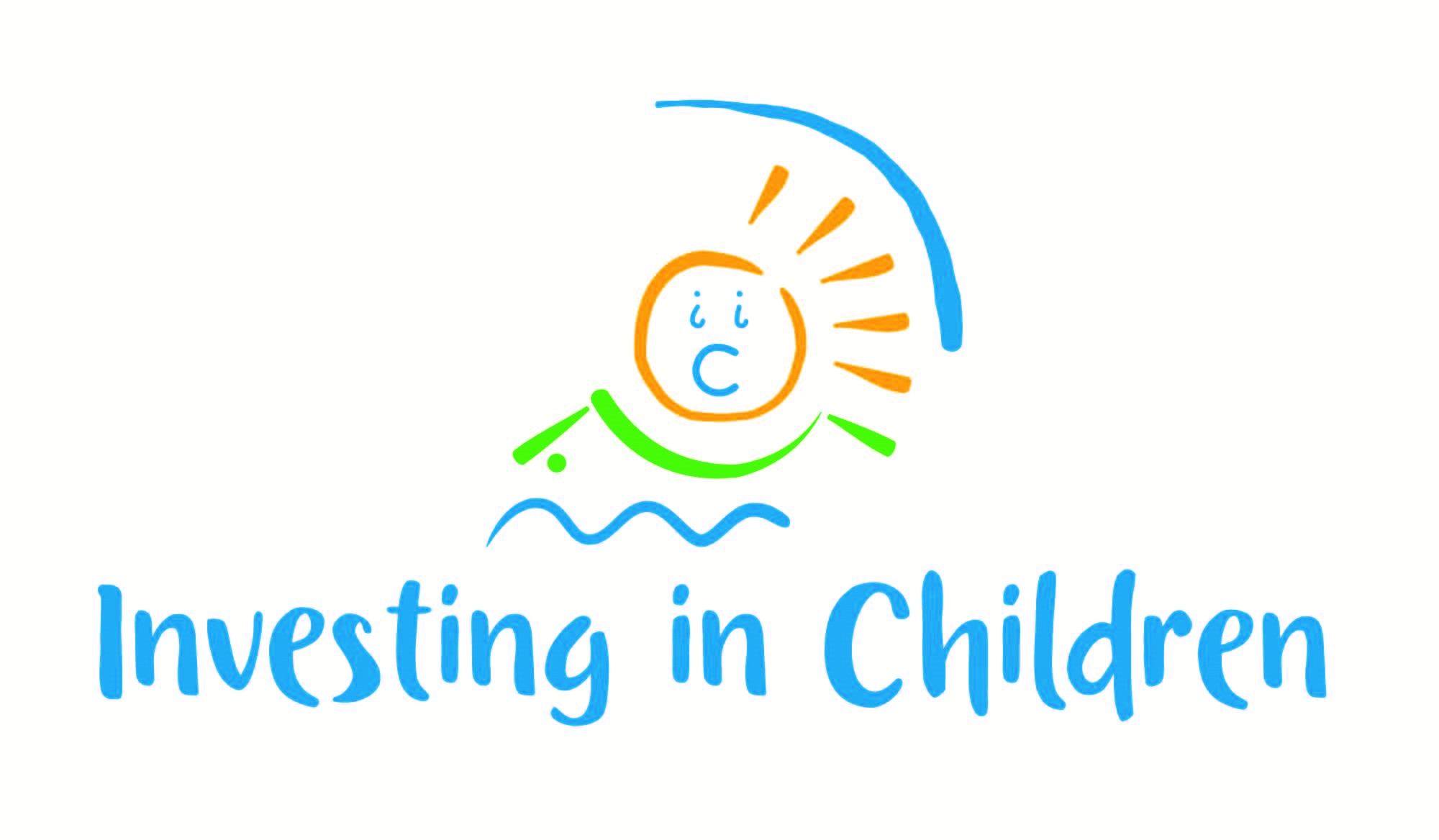Becoming a Linguist.
“One language sets you in a corridor for life. Two languages open every door along the way.” – Frank Smith
At Esh Winning Primary School, we aim to encourage children to nurture interest in the world around them and become familiar with different cultures. We believe that each child deserves the opportunity to develop curiosity about cultures other than their own, gain a deep understanding of the global community and their place within it, and understand the similarities and differences from their own culture.
At the end of each unit, children complete end of unit assessments. The data from these are to be shared with the subject lead and any interventions can be planned accordingly. Early Learning units will start at basic noun and article level and will teach pupils how to formulate short phrases. By the time pupils reach Progressive units they will be exposed to much longer text and will be encouraged to formulate their own, more personalised responses based on a much wider bank of vocabulary, linguistic structures and grammatical knowledge. They will be able to create longer pieces of spoken and written language and are encouraged to use a variety of conjunctions, adverbs, adjectives, opinions and justifications. Pupils will continuously build on their previous knowledge as they progress in their foreign language learning journey through the primary phase. Previous language will be recycled, revised, recalled and consolidated whenever possible and appropriate. Children begin to learn French in Year 3 and follow a carefully planned curriculum across Key Stage 2 using the Language Angels scheme of work and resources. This will progressively develop pupils' skills in foreign languages through regularly taught and well-planned weekly lessons. Years 3 & 4 will be studying 6 units across the academic year and Year 5 & 6 studying 3. All year groups have their own designated phonics lesson to teach, which offers children opportunities to re-cap previous learning along with building upon their knowledge. Children will progressively acquire, use and apply a growing bank of vocabulary, language skills and grammatical knowledge organised around age-appropriate topics and themes - building blocks of language into more complex, fluent and authentic language. Children are provided with a vocabulary book in Year 3 which grows with them as they progress through the school. Children record new vocabulary in their books and have access to them during their French lessons to support them in retaining knowledge and revisiting previous learning. Teachers are provided with the MFL long-term plan which clearly indicates which units children are to be taught and when. Teachers have access to detailed lesson plans and short-term plans (unit overviews) for each unit on the Language Angels website. The units are re-evaluated at the end of each year and staff feedback is vital for ensuring that children are gaining the most out of their curriculum. Teachers are encouraged to bring the language to life by planning experience sessions for children such as hosting an ice-cream café (Year 3), running a French fashion show (Year 4), French café (Year 5) and a Me in the World workshop (Year 6). Esh Winning Primary School intends to use the Language Angels scheme of work and resources to ensure we offer a relevant, broad, vibrant and ambitious modern foreign languages curriculum that will inspire and excite our pupils using a wide variety of topics and themes. All pupils will be expected to achieve their full potential by encouraging high expectations and excellent standards in their foreign language learning - the ultimate aim being that pupils will feel willing and able to continue studying languages beyond Key Stage 2. The 3 pillars of language learning are: We support children in developing the 4 key language learning skills: listening, speaking, reading and writing. Phonics and grammar will be covered in an age-appropriate way across Key Stage 2, enabling children to use and apply their learning in a variety of contexts whilst laying down solid foundations for future language learning.
SMSC
Social - French supports social development by encouraging a collaborative approach to learning. Children regularly converse in the target language.
Moral - French supports moral development by encouraging children to look, discuss and evaluate a range of social and moral issues found in other cultures.
Spiritual - French supports spiritual development by exploring new language and vocabulary. Children are encouraged to express themselves in the target language.
Cultural - French supports the cultural development of a child by exposing them to a foreign language and culture. It helps promote internationalism and their role within the world.



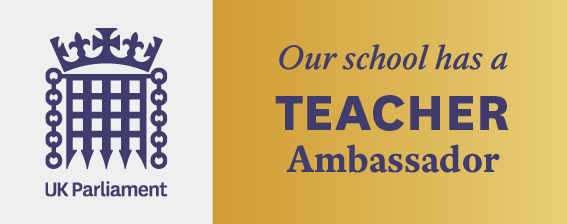
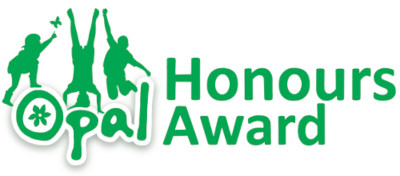
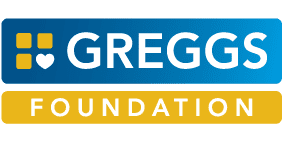
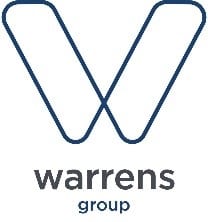

![Music-Mark-logo-school-right-[RGB]](https://eshwinning.durham.sch.uk/wp-content/uploads/2021/05/Music-Mark-logo-school-right-RGB-1.png)

